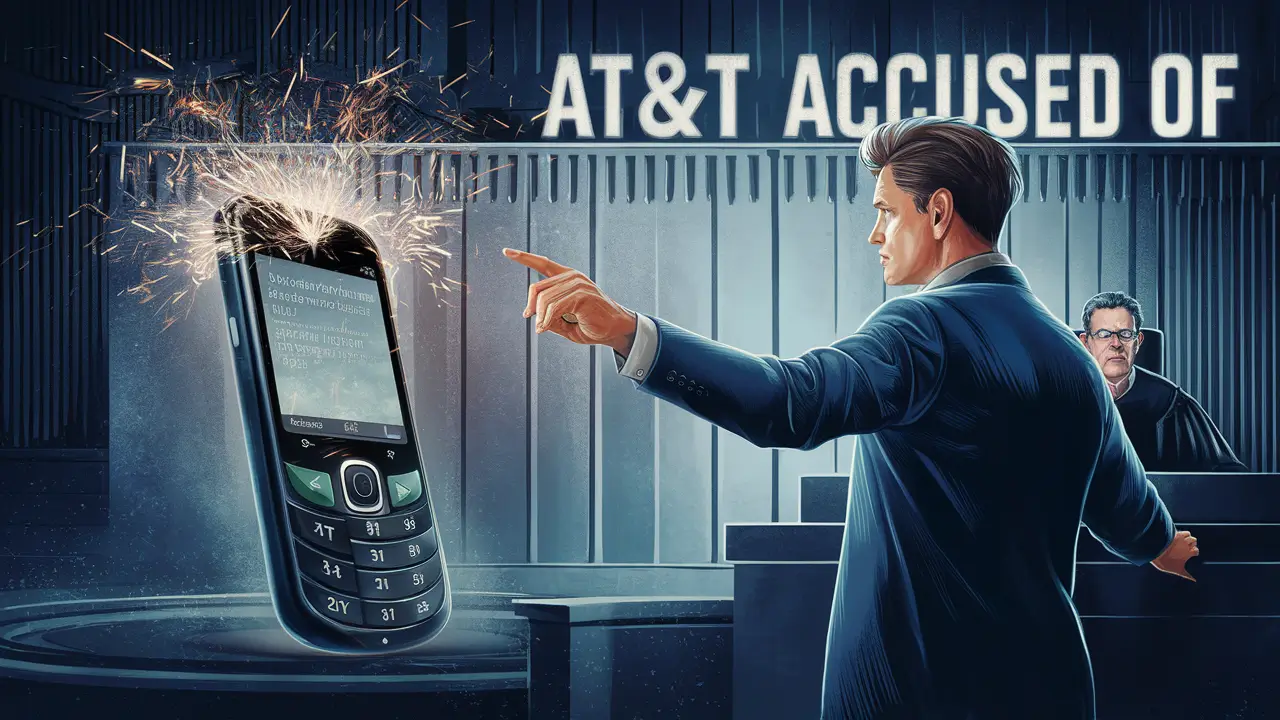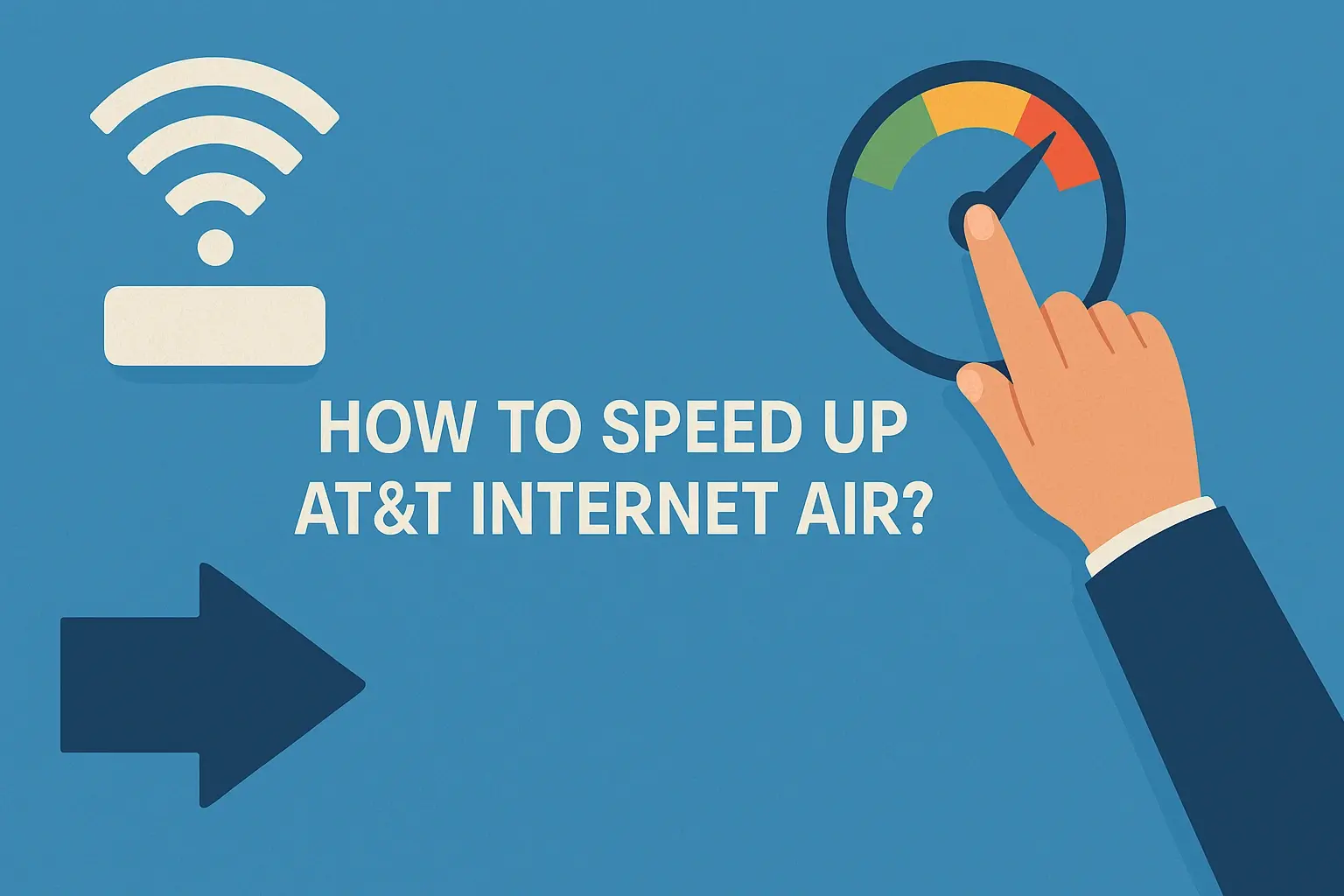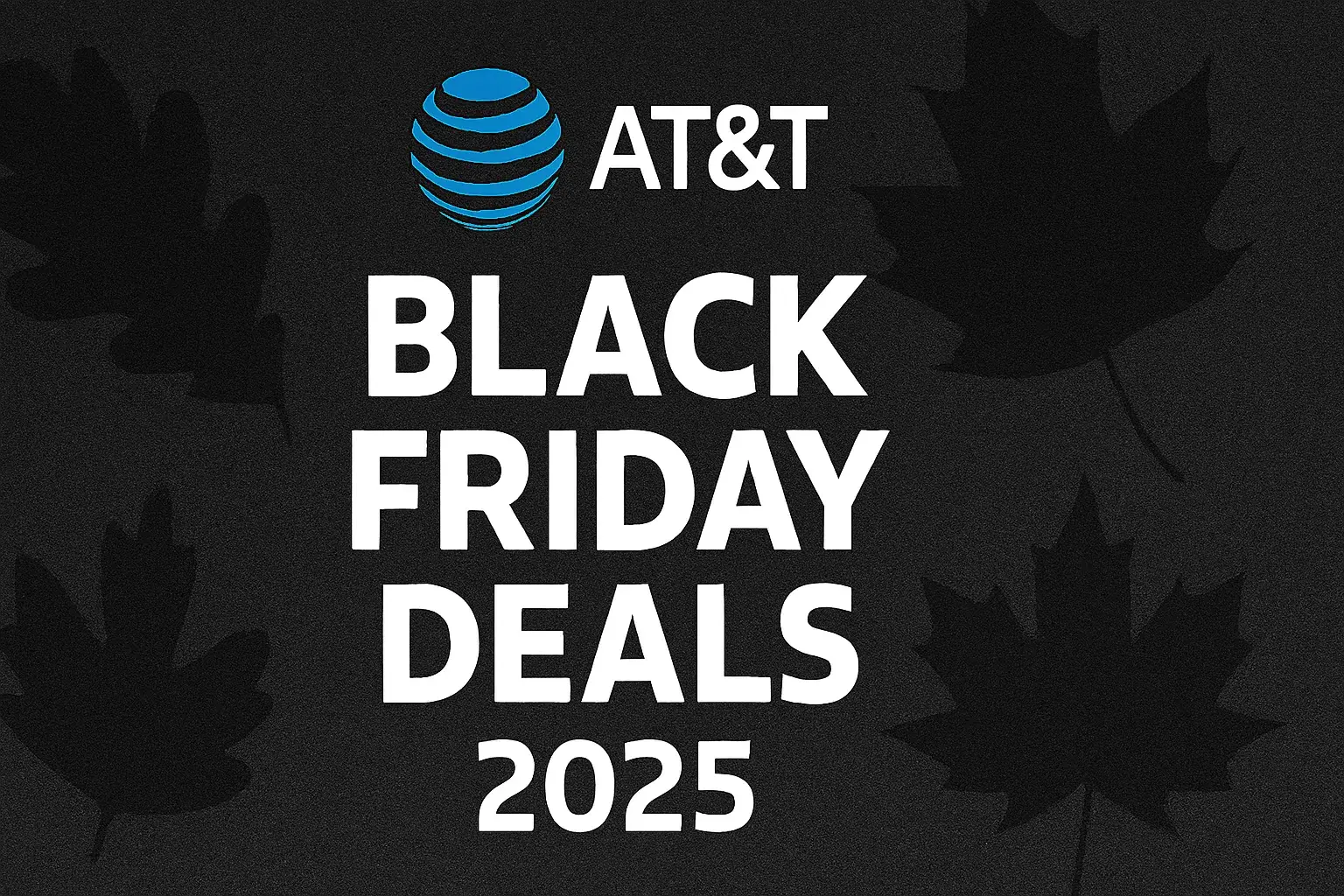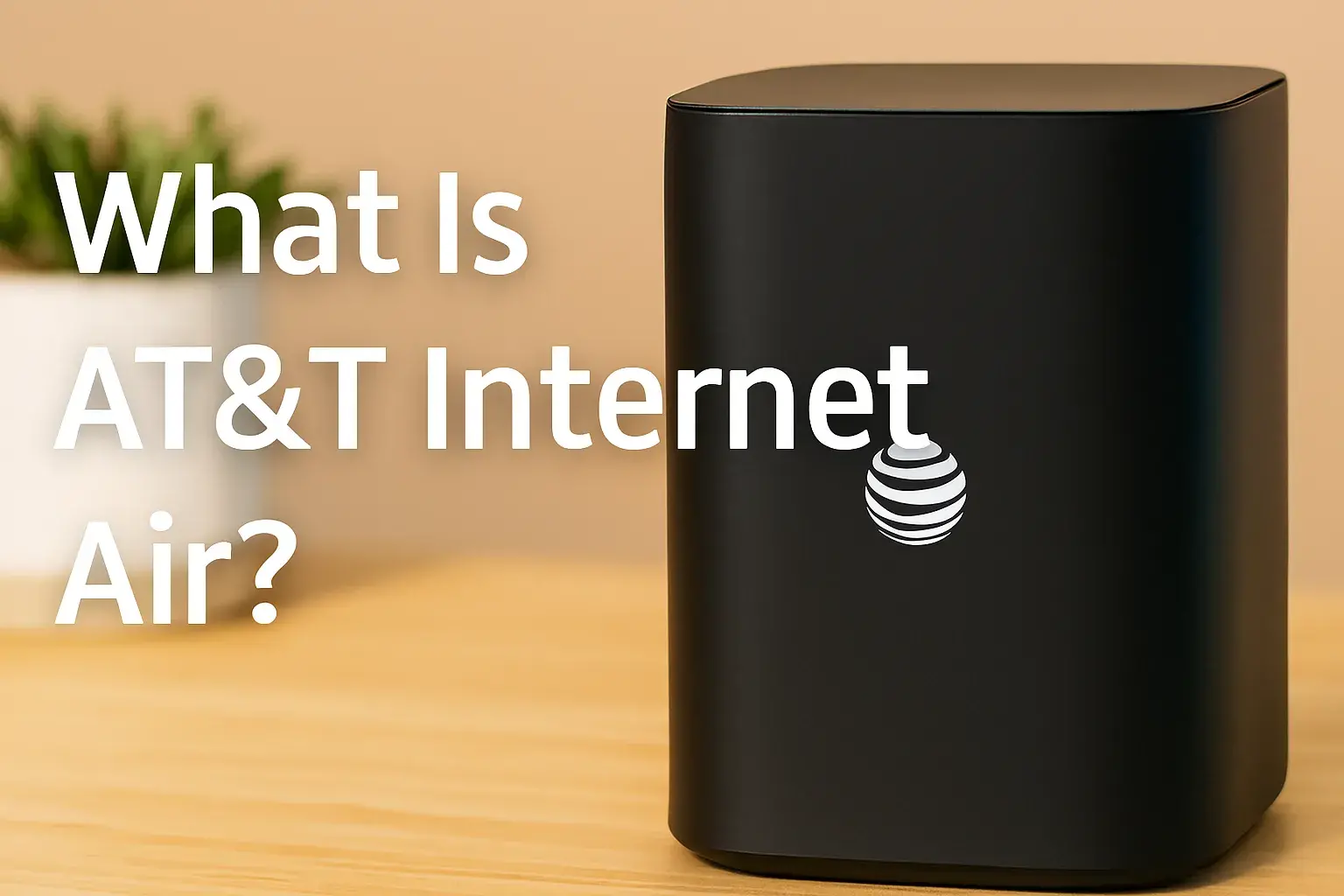What is AT&T accused of?

Recently, AT&T has been accused in many aspects.
Here is a summary of some of the main issues they are facing.
1. Misleading customers about 5G coverage: AT&T is said to have misled its customers regarding the connectivity level of its 5G network. They introduced an improved 4G network they dubbed 5G Evolution or 5G E though this network cannot be compared to a true 5G network; some consumers felt that AT&T was misleading them over its so-called 5G connectivity.
The National Advertising Review Board suggested that AT&T Internet should not label their 4G network as 5G. Like AT&T, Verizon received similar complaints and accusations for marketing its “5G Ultra Wideband” networks that don’t embrace 5G tech. As critics pointed out, the wireless carriers are misleading customers and riding on the 5G hype by selling the 4G service under the 5G branding.
2. Overcharging businesses: Subsequently in 2019, the company was charged by the Federal Trade Commission (FTC) for overcharging businesses by using a complex and deceptive billing structure and was forced to pay $60 million. The FTC accused AT&T of charging approximately thousands of companies for the number of unused data plans and services for five years.
Small businesses, for instance, experienced high levels of abuse through bills containing charges they never agreed to or were even aware of. The settlement entails that AT&T has to improve upon the training of staff and reorganize its billing system for clarity.
3. Data throttling in unlimited plans: in 2014, the FTC sued AT&T for what they claimed was a deception to millions of customers who subscribed to the unlimited data plans only to have their data speeds slowed down without prior notice. Consumers paying for unlimited data plans experienced a cut in speeds by as much as 90% but they would be billed for unlimited data usage speeds.
The FTC alleged that this policy was unjust and misrepresented. AT&T defended itself stating that its subscribers were aware that they could be throttled after using a certain amount of data per month. The case was resolved in 2019 with AT&T ordered to give customers clearer disclosures of when their data speeds would be slowed.
4. Facilitating phone scams: This very month, the FTC accused AT&T of allowing billions of fraudulent robocalls to consumers through their network facilities and practices. Frauds, identity theft scams, and many other types of predatory schemes are considered Robocalls.
According to the FTC, this has made it possible for scammers to use the AT&T network despite apparent evidence of fraudulent call traffic. The lawsuit also seeks to ensure that AT&T is made responsible for perpetuating destructive frauds through robocalls. AT&T has dismissed the allegations, insisting that the FTC lacks jurisdiction over its conduct in this matter. The litigation is ongoing.
Consequently, AT&T is charged with misleading its customers on their 5G experience, charging businesses in a very misleading way, throttling its unlimited data users without adequate notice, and allowing scammers to flood the consumers with robocalls. It remains the regulators’ intention to ensure that AT&T is made to answer for such deceptive business practices and policies that enable harm. While AT&T does not agree with many of these allegations, the existence of both ongoing and resolved legal actions suggests the extent of the criticism of its behavior by both regulators and consumers.
Upgrade to faster, more reliable AT&T Fiber Internet today! Call us at +1 844-905-5002 and get connected with speeds that keep you ahead.





